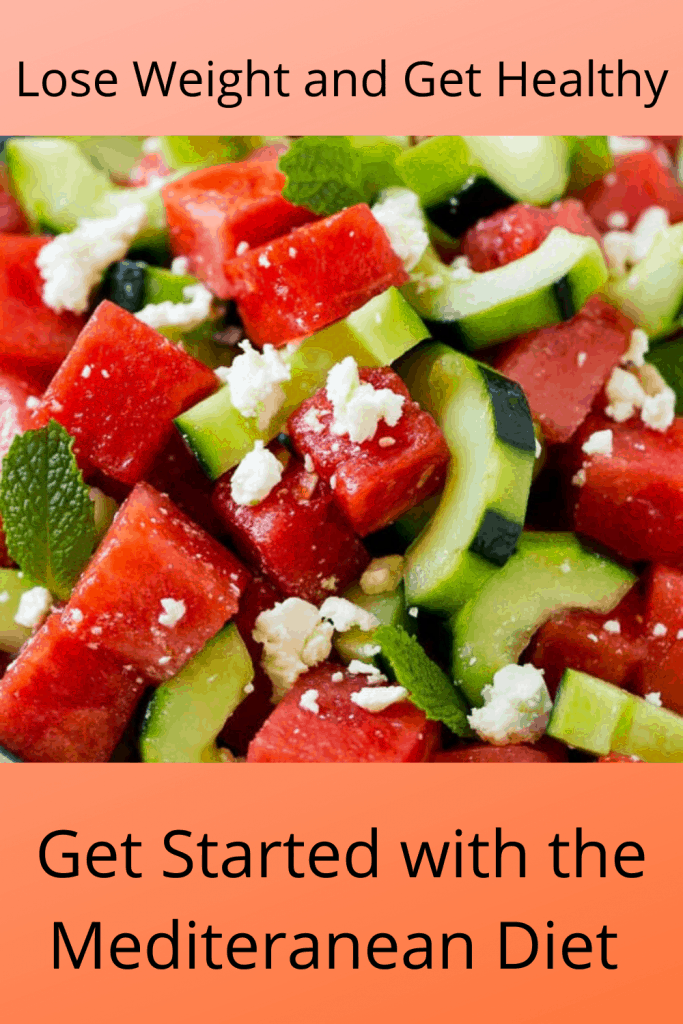
Talk to your friends and family about the change as their support, while not necessary to be successful, will be useful. Adopting the Mediterranean Diet like any major life change can be challenging and stressful and family and friend support can make the difference. It is best to start by having people and resources lined up and doing some reading to understand the scope of change. It will help to have read the Measurement Article as well as the Change Strategies article posted on my website.
Kitchen
Start transitioning your kitchen by tossing out or giving away temptations. Consult the “Get Started Grocery List” as part of the free Companion Guide here https://books.directfocus.global for a list of things to have stocked in the kitchen. If you are starting out slowly then start by drinking water and eliminating sugary drinks, even coffee. Drinking lots of water will make it less likely that you will suffer hunger pangs as a full stomach of water can give you a full feeling. Work up to the point where you are drinking ½ Of your body weight in ounces each day. This will also help flush out your system if you are detoxifying.
The free Companion Guide has four valuable guides that can help with your journey. The first is the 10 “First Steps”, the second is a one page “Get Started Guide” suitable for posting on the refrigerator, the third is “My Mediterranean Diet Pyramid”, and the fourth is the “Get Started Groceries”.
Roasting Vegetables
After getting familiar with the do’s and don’ts of the Diet the best thing to do is to make a large pan of roasted vegetables. Adding up to ½ cup if Extra Virgin Olive Oil can also be challenging but substituting EVOO for butter and other oils will help you reach that goal. Olive oil will become your main source of fat. Other necessary substitutions include fruits and vegetables for meat and carbohydrates like bread and pasta. This is best done by changing the proportions of common dishes so they focus more on vegetables with meat, bread or pasta added as a “side”. Changing the proportions has the added benefit of allowing you to eat more and feel more satisfied with less calories.

Slow Eating
Roasted vegetables are inexpensive, delicious, nutritious, easy to make and they go well with many Mediterranean Diet meals. I highly recommend getting started with these to build meals and jump start your diet and start losing belly fat. Then next step is to start eating more slowly. This will help with portion control as well, because eating slowly will naturally reduce the amount of food that you eat at a sitting. Slowly moving toward the feeling of having eaten enough food at a meal allows you to stop short of eating more than you need for that meal. So in addition to choosing smaller portions, by eating slower you will at least find the portion you served enough. As you reduce your portions your stomach will naturally shrink, particularly if you never “stuff” yourself. So slow eating and portion control go together, start them both together for better results and more weight loss.
Grocery Guide
Using the Grocery Guide it is time to start accumulating the staples you will frequently need. Protein is a concern for a lot of people when they are reducing or eliminating meat. Substituting legume and beans is a far healthier choice and it won’t take long you feel better as your body adjusts to new diet. If you are able to start shopping locally you should integrate those foods for daily consumption. Start eliminating processed foods as quickly as you can. Now is the time to engage a diet buddy if possible and plan meals, strategize and prepare to enjoy healthy meals together.
Intermittent Fasting
If your primary purpose is weight loss then it might also be time to consider intermittent fasting (IT). I have a whole section on IT in my book Lose Wright, Feel Great Mediterranean Diet. While it is not for everyone, combining intermittent fasting with the Mediterranean Diet is ideal for healthy weight loss. The Mediterranean Diet provides the nutrition necessary to stay healthy while dramatically losing belly fat. Even if the transition to intermittent fasting is not viable or desirable consider the benefits of changing the timing of meals. One method of intermittent fasting is to eat your meals during a limited time each day. I do my eating between 6AM and 11AM each day, and then am able to fast until the next day. This is a pretty easy transition to make and there is an immediate benefit with nearly effortless weight loss. Some also eat one meal per day at lunch to maximize the time to allow for autophagy. Autophagy is a physiological process where selected cells are destroyed due to a lack of available resources. The short explanation is that autophagy is a way the body eliminates old cells and replaces them with new cells.
Meal Planning
Start planning meals. Hopefully you can work around local produce as mentioned earlier for ingredients for your meals. Now is a good time to start combing Pinterest and the Facebook Mediterranean Diet Group for great recipes that fit into your budget and schedule. If you spend some time you will undoubtedly find many candidates for meals to prepare. Make sure that you have the ingredients that you and need and start cooking. If you are not accustomed to cooking most meals, which is the recommendation with the Mediterranean Diet, then it is best to make meals that can be reheated or that can be frozen. This will reduce the initial food preparation time and give you some momentum.
Conclusion
Some like to jump right in and others like to plan. You will likely have better results if you plan by having guides, recipes and ingredients ready to go. Focus on the big things first, drinking lots of water, portion control, slow eating and using lots of olive oil will give you a good start.
To your success
